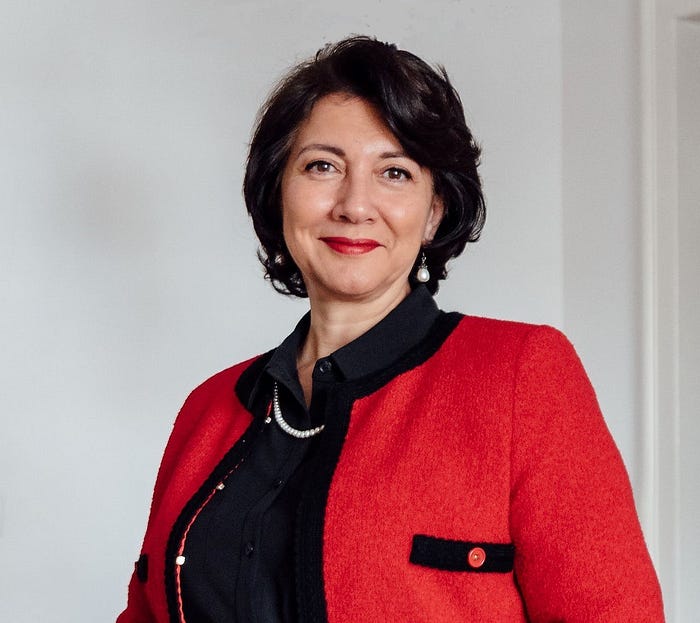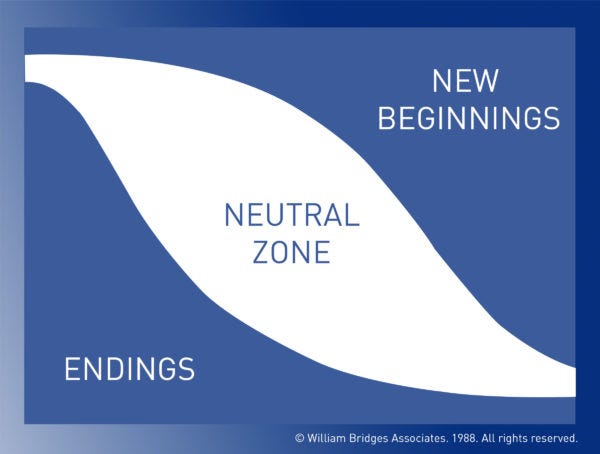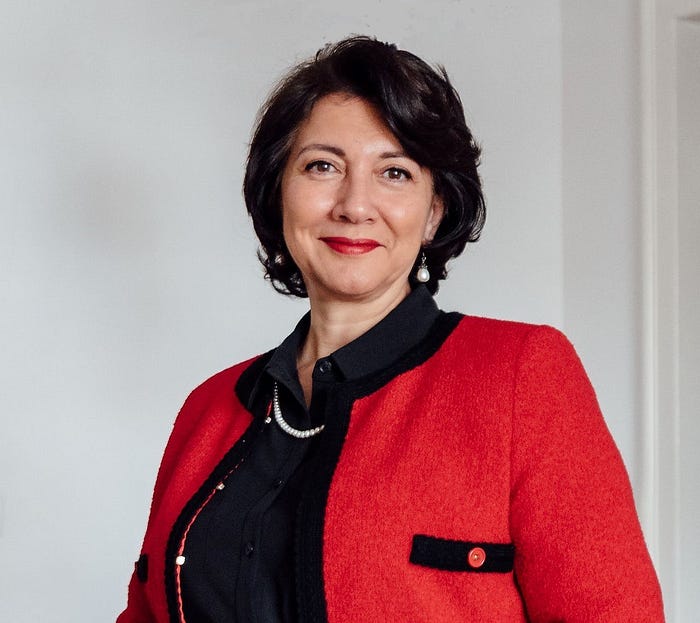
Have you ever reflected about the differences between change and transition? Mowgli’s Lead Facilitator Christine Francis digs deeper into the subtle differences, using the Bridges Transition Model which we use as a mentoring tool.
“As Mowgli mentors, you are invited to a refresher session on May 7th”, Maya’s email announced. She wanted us to dedicate four hours to the call. Four hours! I was not amused!
The COVID-19 deadly virus was spreading like wildfire throughout the world. Our normal social interactions were re-designed. A hug or a handshake became acts of aggression and I, like most other people, was isolated at home where my computer screen was my only window to the world. I was cut off from my kids and my family. The thought of not being able to get to them if something happened was truly terrifying. I, along with the rest of the world, faced fear, grief and loss. The last thing on my mind during this time was how to continue my mentorship role. I had enough trouble navigating my own journey through these uncharted waters of change.

At the appointed time, I apprehensively logged into the Zoom call, coffee in hand. Not only did the time fly by but we were introduced to a The Bridges Transition Model which became useful in so many ways. It identified three clear stages moving through a time of change, highlighting the emotions experienced in each stage. Recognizing our own journeys through the adaptation to major change, such as the one brought on by COVID-19, allows us to have understanding for our own struggles and empathy for those of others, including our mentees. As a tool, the model becomes a kind of scaffolding on which to build stronger mentorship bonds and to help our mentees to deal with the disruptive change to their business and their world.

I am lucky to be a mentor to Nisreen who is a wonderfully creative and determined woman. She started a series of successful training workshops in design thinking applications for teachers, parents and corporate clients and invested inordinate amounts of time, money and effort into her business. Then, COVID-19 hit, and she found herself at home with two young children who needed not only entertaining, but home-schooling.
Like many of us, Nisreen had a huge readjustment to make. By sharing with Nisreen my own struggles with the situation and talking about the worries and fears the COVID-19 situation triggers in us, we were able to strengthen the bonds of understanding. We were both mothers worried about our children. We were both entrepreneurs worried about our businesses. We understood one another! Relationship strengthening is crucial to the mentoring journey, particularly in a time of “Endings” and loss.
Being a tower of strength, Nisreen was able to quickly pivot to acceptance of the new situation and to think of ways of managing the new normal. She took the time in the Neutral Zone to reflect on her vision for her business and family. It was important at this stage to help Nisreen to connect to the ‘why’ of her business, and to think of new ways of accomplishing the ‘how’, since the old way was unlikely to be possible for a long while. By asking her questions about her programs, she was able to redefine the value proposition, crystallize her thinking about her programs, and to rethink her mode of delivery.
“The mentoring process helps me to explore new possibilities amid all uncertainties while guiding me to take small and consistent actions to achieve my purpose.” Nisreen Moghraby
At the moment, I think that Nisreen has stepped over the threshold into the third and most hopeful part of the journey, and into her New Beginnings. She has formulated a possible new pathway using technology for delivering her workshops. She was able to identify the necessary new skills to allow her to offer workshops to new audiences in a new format and integrate the new modality with the pre-existing content. I honestly think she will be more successful and reach more people than she ever thought possible before.
Using the Bridges Transition Model is a framework to help mentors understand, empathize and ultimately help mentees to adjust to inevitable change. It helps to structure our thinking about the mentorship relationship. In fact, those four hours on that day in May turned out to be an excellent investment.
“ The Bridges Transition Model adopted by Mowgli Mentoring into mentoring context, is a great tool that I use in my coaching work with clients and teams as it helps to formalize the process of moving from a place of disorientation to a hopeful and creative space.” Salma El Yassir
Interested in using this learning tool during your next mentoring conversation with your mentee?
Click here for a downloadable PDF sheet including instructions
Salma El Yassir, Organizational Development Consultant
Salma El-Yassir is a Mowgli Mentor and senior management professional with over 30 years of experience in both the private and development sectors. She earned her undergraduate degree in Economics from LSE, a Master’s in Public Health from the American University in Beirut, and a Master’s of Public Administration from Harvard University. She specializes in Leadership, Negotiation and Decision Sciences. She is a specialist in the overcoming Immunity to Change (ITC) framework.
Salma can be reached at: salma.elyassir@gmail.com
Founder of The Art of Orientation
Nisreen is a passionate and enthusiastic mother, educator, and entrepreneur who finds joy and meaning by aligning what she believes about the power of awareness, innovation, education and empowerment in her daily personal and career practices.